Oleh Trachuk and his family were forced to escape Russian aggression twice – in 2014 from Luhansk and in 2022 from Brovary. These eight years have brought significant changes to his life, which he dedicates to his three children. Oleh‘s two daughters have autism, which has deeply immersed him in the world of children with disabilities. He now shares his experience with colleagues in Sweden. Here is the story of the Luhansk journalist for NUJU correspondents.
War Caught Up in Brovary
Oleh Trachuk, a native of Luhansk, is surprised by those who think the Russo-Ukrainian war began on February 24, 2022; for him, it’s been ongoing for nine years. In 2014, he resisted threats to cooperate with Luhansk separatists. He and his family then moved to the Kyiv region, starting anew. As a journalist, he increasingly focused on writing about children with disabilities, given that two of his three children have autism. Their routines being disrupted causes significant suffering. On February 24, 2022, Oleh was filled with fear for his children.
— On the 24th, I could see one of the first strikes on a military unit near Brovary from my windows. Of course, it was terrifying – primarily for the children and for our loved ones. A logical question arose: what to do? I went to friends and asked how I could be useful. They suggested managing the kitchen. We fed the territorial defense, the soldiers heading to the front,— Oleh Trachuk recalls.
The Prolonged “Journey”
Within a few weeks, Oleh and his family decided to leave Ukraine. They followed an evacuation route to Poland, then made their way to Sweden, where they settled and tried to minimize the negative impact of evacuation on their daughters.
— Remembering how difficult it was in 2014, we still haven’t told the children that we moved. We say it’s a ‘big vacation.’ We have to lie to them for their own sake. But whenever they see news about Ukraine on the internet or television, they immediately say, ‘Ukraine,’ ‘Brovary,’ ‘home.’ It tears us apart, but we can’t return now so as not to cause psychological problems for the children,— says the father of three.
In Sweden, Oleh was surprised by the local residents’ attitude towards people with disabilities. On the one hand, the state does everything possible to make such people feel comfortable, but on the other hand, the country takes no steps toward social integration. Oleh is now a social worker, sharing his experience from Ukraine regarding adopting children with disabilities to society with the Swedes while discussing the war in Ukraine.
— We hold concerts, raise money, and provide targeted assistance to social institutions in Ukraine. Yes, it’s not much, but the fact of attention matters: when we send money to a social institution in Ukraine, we share a bit of warmth from free Sweden,— the journalist explains. — And Swedish grandmothers knit socks for our soldiers. Soon, we’ll send these socks with the wish ‘from Swedish grannies to dear Ukrainian grandchildren.‘
Photos:
February – March 2022. Brovary. I command the kitchen that feeds the units.
Director of Brovarsky center of complex rehabilitation of children 2021 – 2022.
Artistic author’s photo exhibition “Fairies and Knights” for the International (2021).
Constantly appeared on the radio.
Son of two fatherlands.
Charitable aid was collected at concerts in Sweden for Center 2.
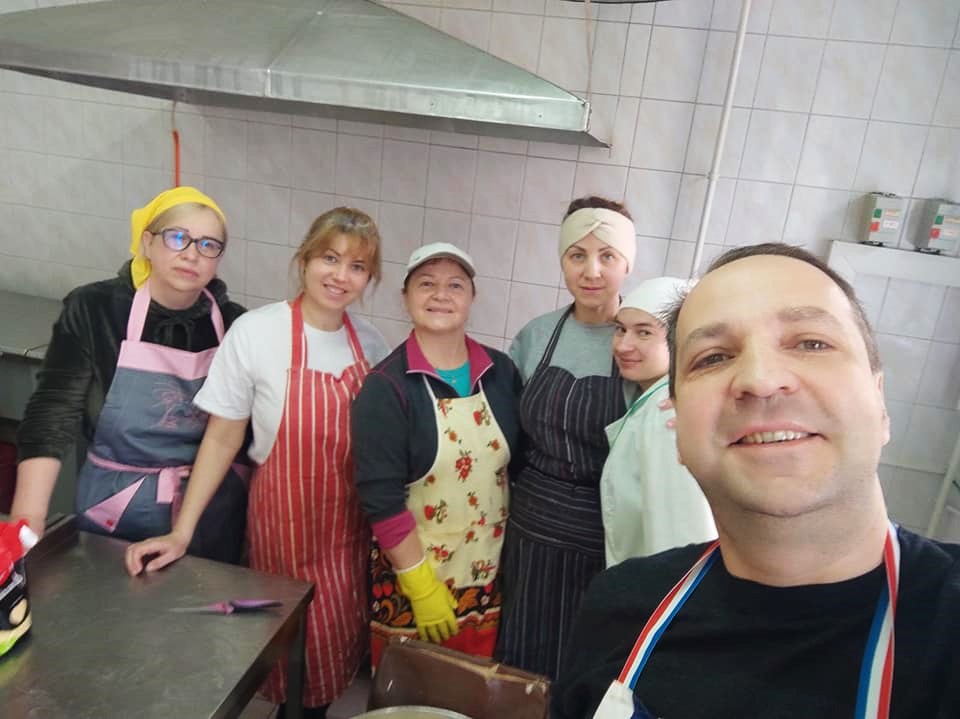
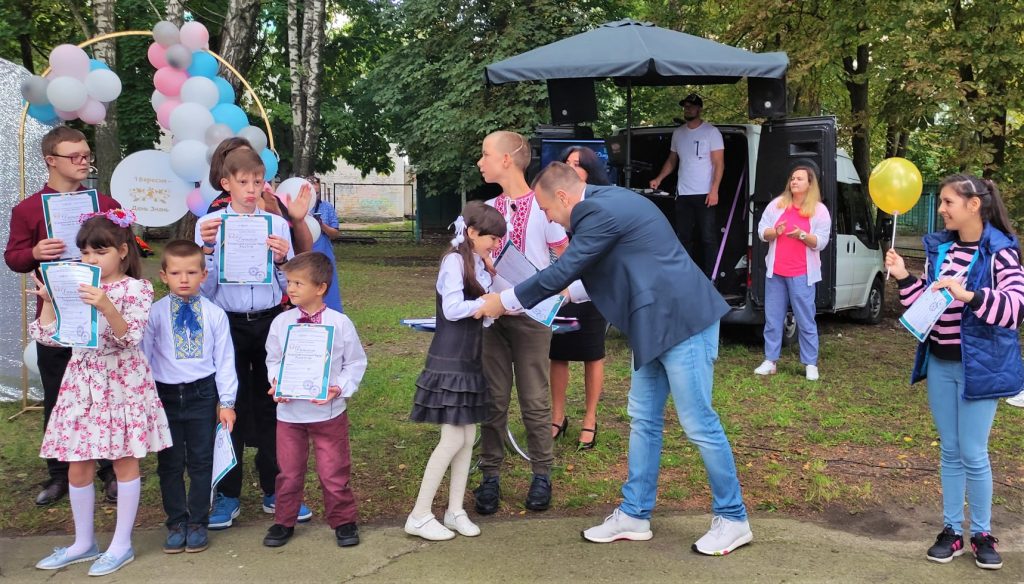
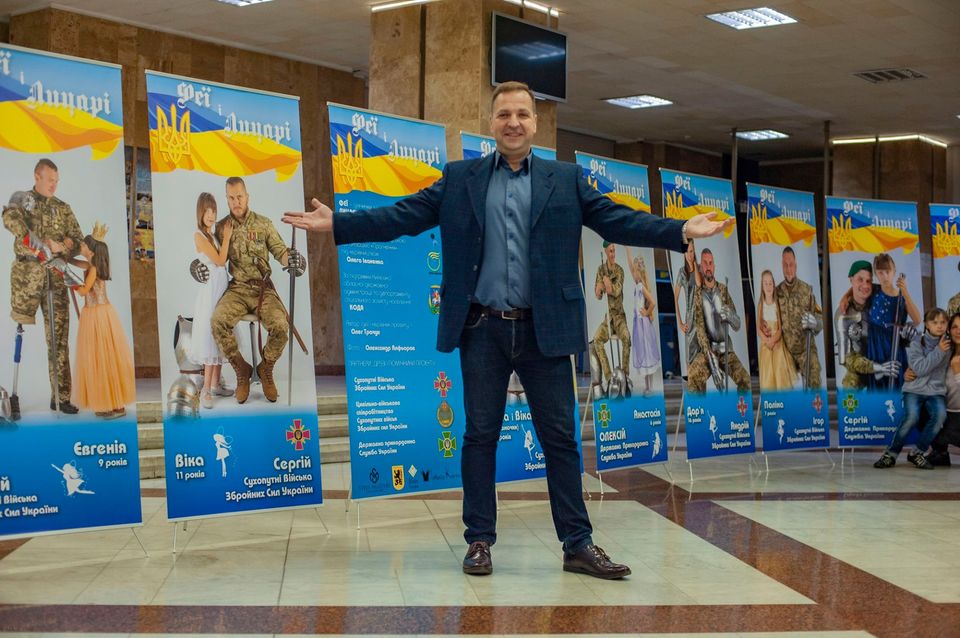
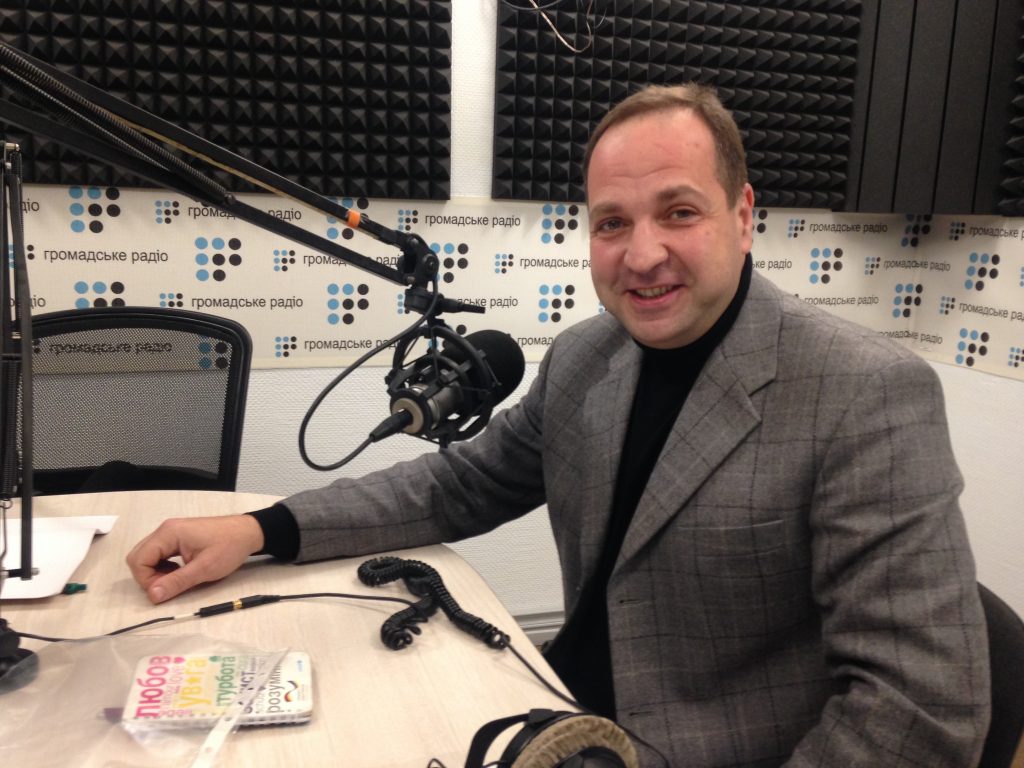
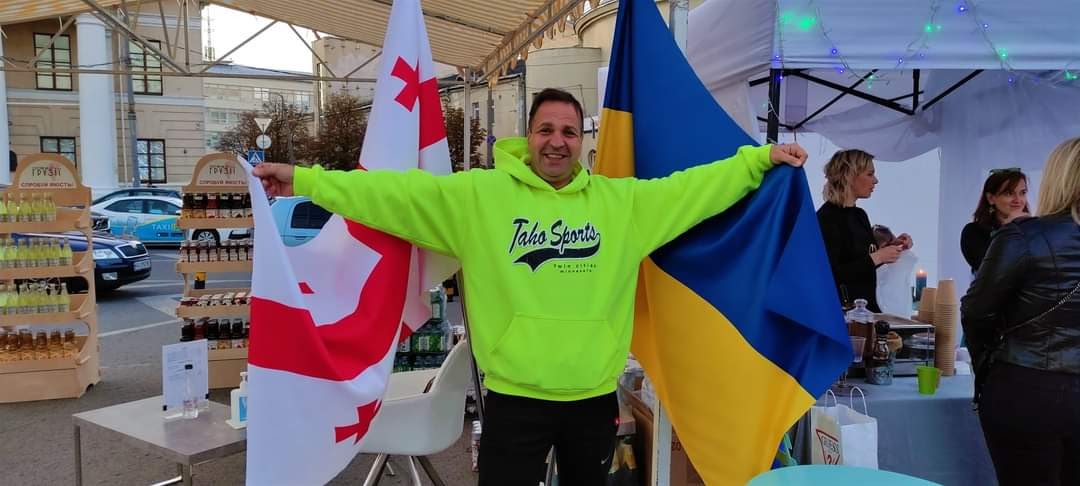
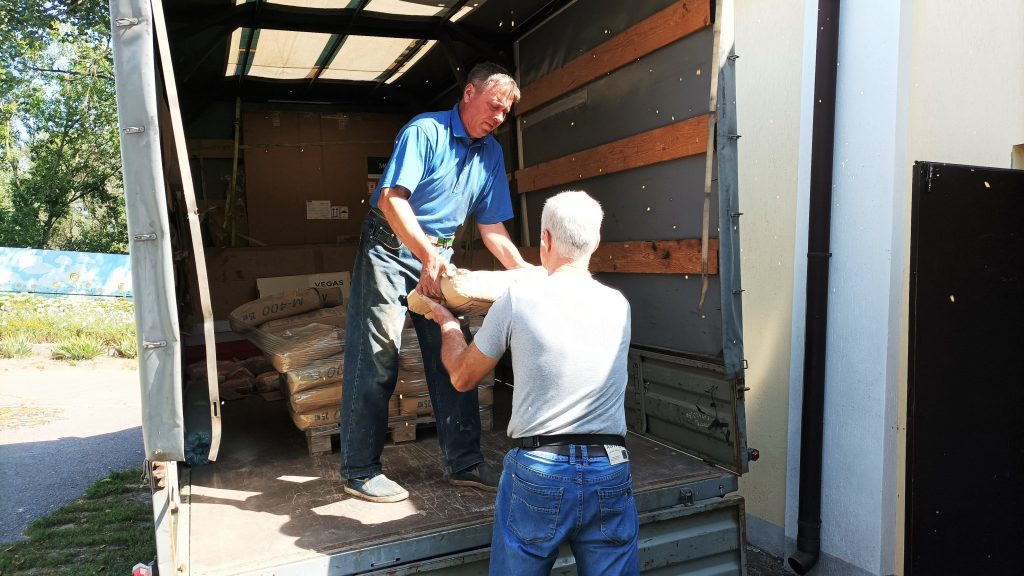
“Where Were You for Eight Years?”
Yet, some around Oleh condemn his decision to go abroad. They even equate it to betrayal. However, the Luhansk-born journalist has a response for them.
— They say we’re suffering here while you’re sitting there in ‘Europe.’ I apologize, but where were you for these eight years? The war began in 2014, but only now has it reached you, and you finally understand what war is. People from Donetsk and Luhansk understand what we face. It’s unfair when people say, ‘You left, and we stayed.’ For some reason, when we were leaving, we didn’t say, ‘It’s unfair that you’re in warmth, with electricity, in your homes and apartments, while my eldest son had to walk three kilometers through a winter field to get to a road and travel 15 kilometers to school.’ But we didn’t blame anyone because everyone makes a choice based on their own situation, not someone else’s,— the journalist responds.
Oleh is convinced that Ukraine will triumph. However, challenging times will follow.
— It’s tough right now, very tough, deadly tough, but it’s clear: here’s the enemy, there’s the white, there’s the black. Then, a peaceful time will come: there won’t be an enemy, but there will be new problems. The difficult times of reconstruction will come. Reconstruction not only of what’s been destroyed but also of each of our minds, wherever we are. Journalists will have to shift from frontline reporting to addressing new challenging issues. Ahead of us are tough but interesting times for journalism,— Oleh concludes, confident not only in Ukraine’s victory but also in his eventual return to his homeland.
— I will just ‘exist’ here if I stay in Sweden. The word ‘exist’ is terrifying to me. I want to do more than just exist – live, grow, create, help others, and be helpful. This can only be fully achieved in Ukraine for me and my family members.
This series, titled Executed Free Speech, is created as part of a project Drawing Ukrainian And International Audience’s Attention To Serious Violations Of Human Rights And Crimes Against Journalists And Mass Media By The Russian Federation, which is performed by the National Union of Journalists of Ukraine, with support from the Swedish non-profit organization Civil Rights Defenders.
JOURNALISTS ARE IMPORTANT. Stories of Life and Work in Conditions of War is a cycle of materials prepared by the team of the NUJU with the support of the Swedish human rights organization Civil Rights Defenders.
#CRD

 THE NATIONAL UNION OF
JOURNALISTS OF UKRAINE
THE NATIONAL UNION OF
JOURNALISTS OF UKRAINE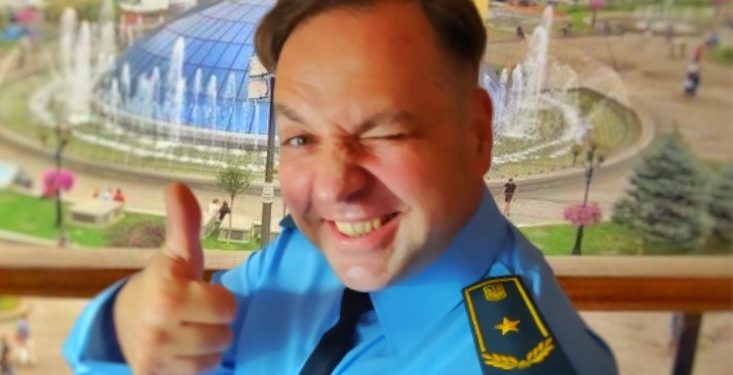
















Discussion about this post